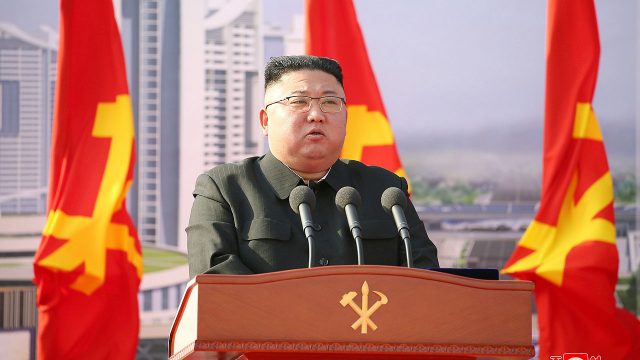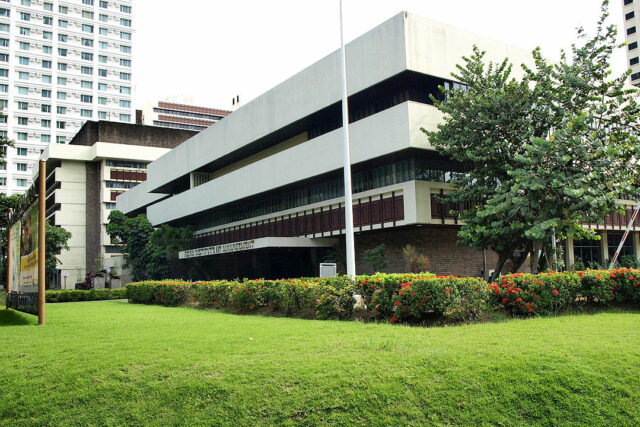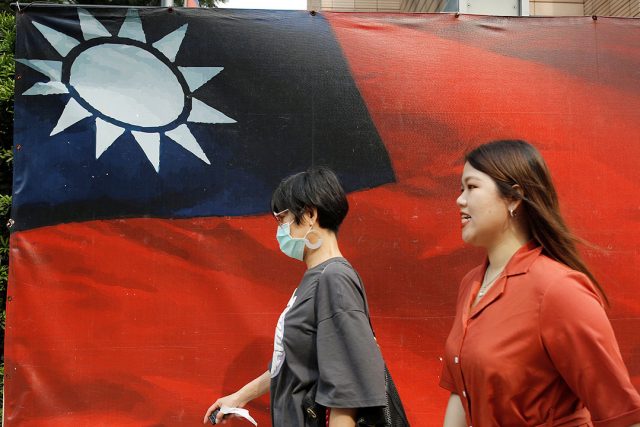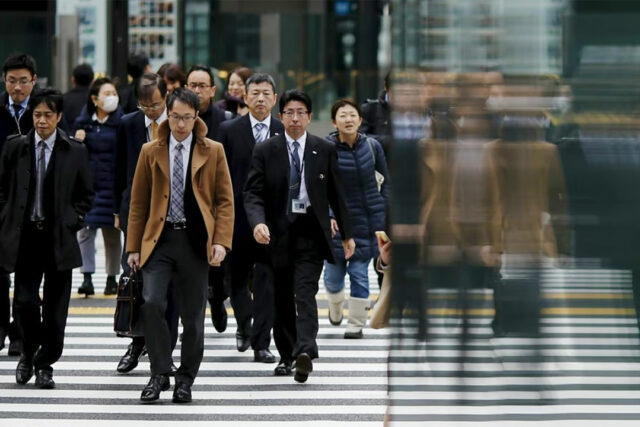FINANCIAL markets barely flinched when Fitch stripped the United States of its top credit rating, but it served as a reminder of longer-term structural risks investors in government bonds are yet to grasp.
The immediate focus in the aftermath of the Aug. 1 downgrade has been on US governance, but Fitch Ratings also flagged higher rates driving up debt service costs, an aging population and rising healthcare spending, echoing challenges that reverberate globally.
David Katimbo-Mugwanya, head of fixed income at EdenTree Investment Management, a £3.7 billion ($4.71 billion) charity-owned investor, said with the move highlighting reflecting elevated debt levels at a time when interest rates will likely remain high, debt sustainability was back in focus.
“I think it really brings home that shift being a regime shift rather than a cyclical one,” Mr. Katimbo-Mugwanya said.
Pressures investors will eventually face include ageing populations, climate change and geopolitical tensions.
Such risks are making some investors, including hedge fund manager Bill Ackman, bet on rising longer-term borrowing costs. Yet many investors say factors at play are too complex and their impact too far out to influence their investment decisions.
“The rating agencies are not looking at them in a systemic way. And the investors even less,” said Moritz Kraemer, former head of sovereign ratings at S&P Global, now chief economist at German lender LBBW.
WARNING SIGNS
There is no shortage of research sounding alarm.
Without cuts to age-related spending, median net government debt will rise to 101% of gross domestic product (GDP) in advanced and 156% in emerging economies by 2060, S&P Global Ratings said in a study this year.
S&P said the assumption that governments would prioritize servicing debt over spending promises had rarely been tested at such high debt levels.
It expects policy steps that will make ageing-related costs more manageable. Not taking them would see creditworthiness deteriorate and half the governments it rates would have metrics associated with junk credit ratings while even top-rated governments would lose the highest ratings, S&P said.
For the European Union and the euro area, where public pensions and healthcare play a major role, the European Commission and European Central Bank have also flagged costs related to ageing as a key risk to debt sustainability.
Japan is one major economy where financing costs remain low even as its debt exceeds 260% of GDP and it has one of the world’s oldest populations. But that reflects high domestic ownership of government debt and ultra loose monetary policy — a hard act to follow with higher inflation.
On the environmental front, a study last week showed a failure to curb carbon emissions will raise debt-servicing costs for 59 nations within the next decade.
“These long-term risks may not possess a well-established historical precedent, making reliance solely on historical data for risk assessment a challenge,” said Gael Fichan, head of fixed income at Swiss private bank Syz Group.
For now, despite the steepest increases in borrowing costs in decades, investors still see little risk in holding governments’ longer-term debt.
For example, the New York Fed estimates longer-term US Treasuries still yield less than rolling over short-term debt — a legacy of central bank government bond buying.
However, as central banks now roll off that debt and government financing needs rise, that should reverse, investors say. A recent rise in long-dated bond yields in reaction to a surge in US borrowing needs was a case in point.
“As the supply of long-dated Treasuries rises, investors may demand higher term premia to compensate for the added risk of holding bonds with longer maturities,” Mr. Fichan said.
Mr. Kraemer, the former S&P official, said it was “unreasonable” that shorter and longer-term government debt were rated the same.
POLICY WATCH
Greater focus on longer-term risks should bring scrutiny of government policies.
Policy “is going to matter more especially in terms of the fiscal side of things about how the governments are reacting to the various promises to the electorate and what they’re trying to achieve,” said Kshitij Sinha, a fund manager at Canada Life Asset Management.
It will be crucial whether governments can bring down relative debt levels by boosting economic growth, and here climate change is both a challenge and opportunity.
“The green transition will require quite some investments… that will also increase the overall debt levels further, but down the road… you will profit from it,” said Martin Lenz, senior portfolio manager at Union Investment, which manages €424 billion.
Still, with higher debt an economic reality, few governments are left with the coveted AAA rating.
“Can there be a world without AAA sovereigns? Yeah, I think there can be, We’ve seen this happening in the corporate space, for example,” LBBW’s Mr. Kraemer said, adding that out of dozens of AAA-rated US companies in 1980s now there were only two left. — Reuters












